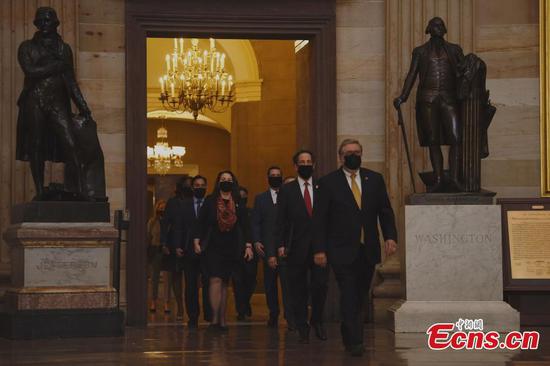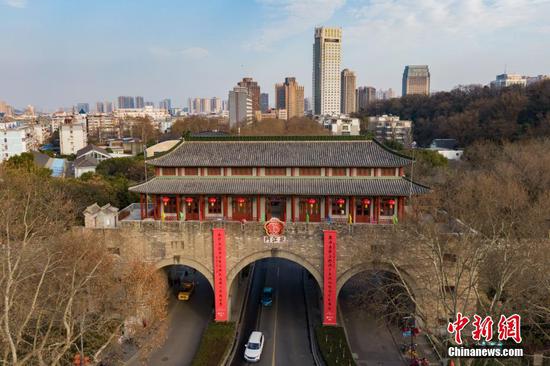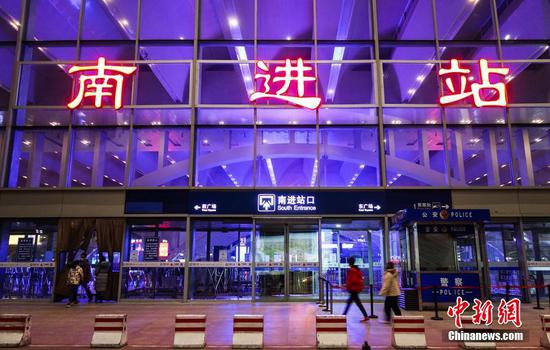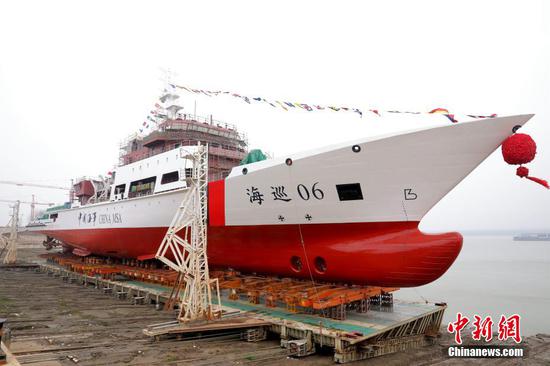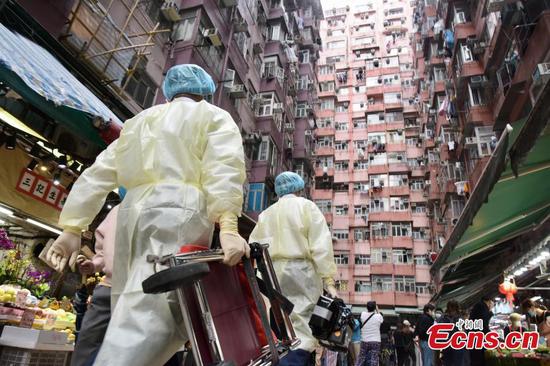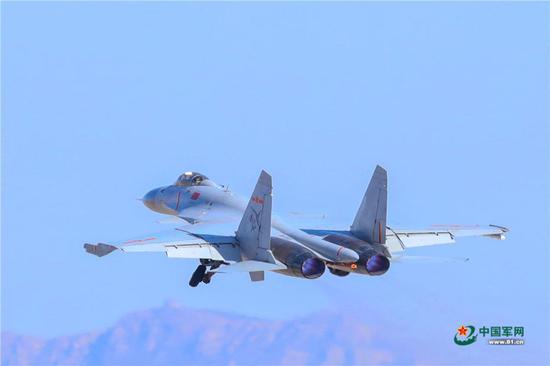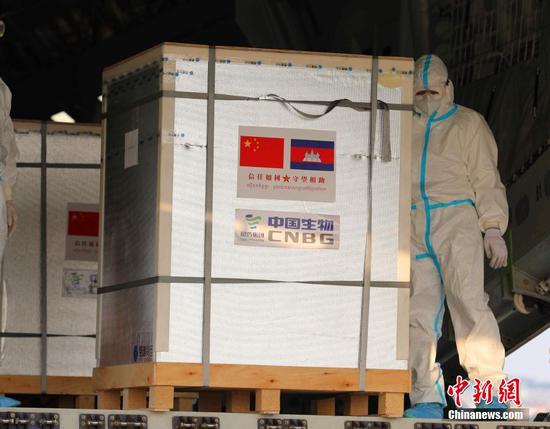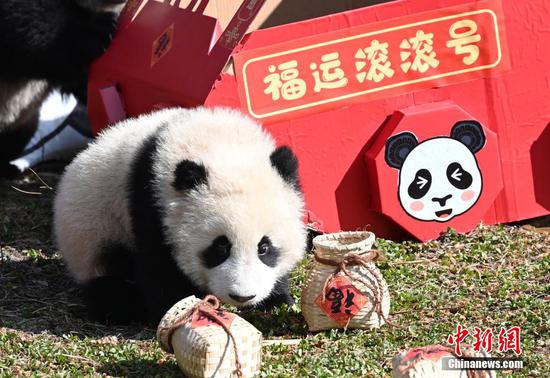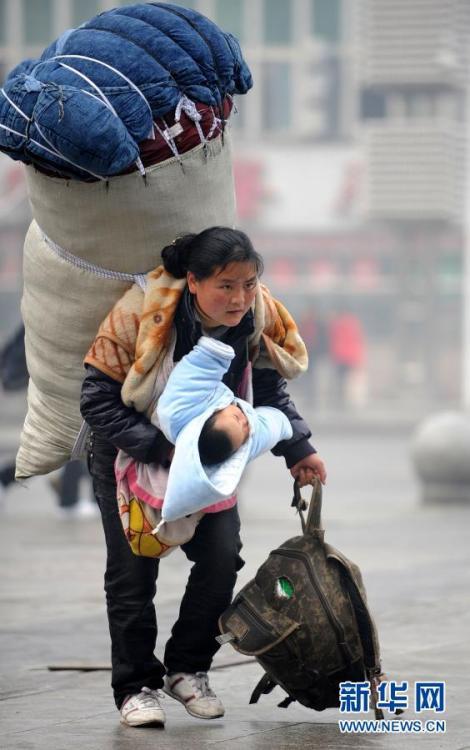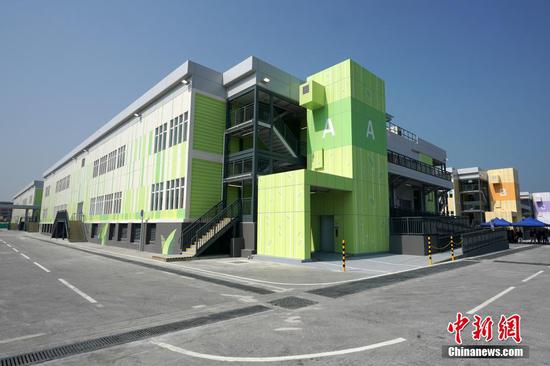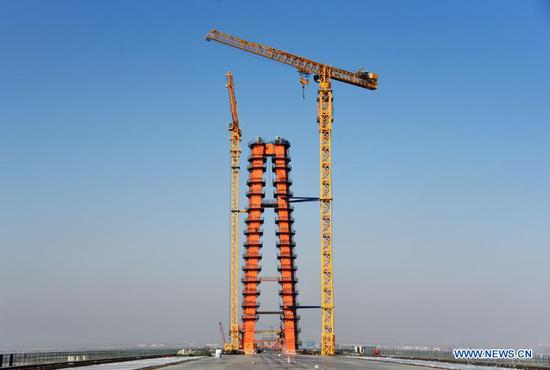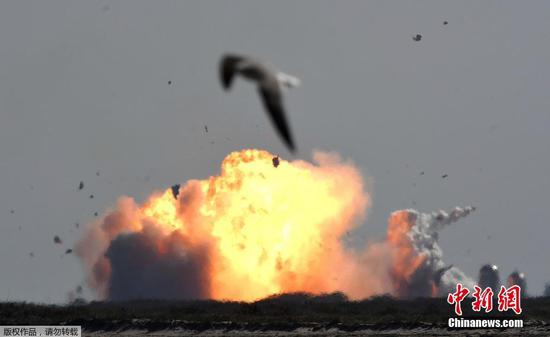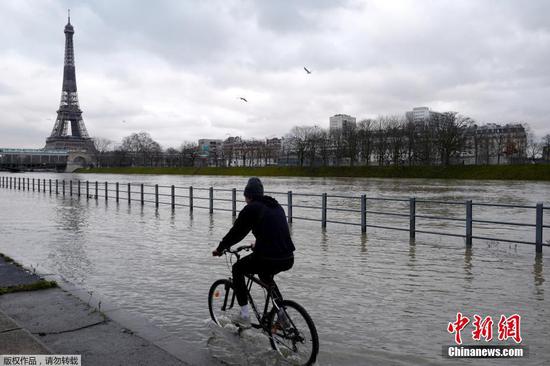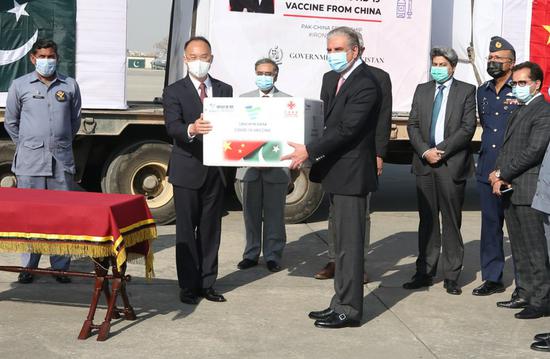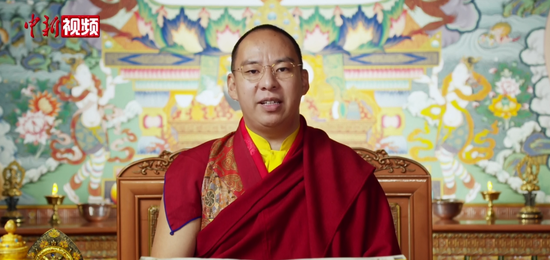
A photo taken on Feb 5, 2021, shows a street in Naypyidaw, capital of Myanmar. (Photo/Xinhua)
Current situation is 'absolutely not' what China, as a neighbor, wants to see
The current situation in Myanmar is "absolutely not what China wants to see", Chinese Ambassador to Myanmar Chen Hai said, calling on all parties in the country to handle their differences properly and maintain political and social stability.
In an interview with major Myanmar media outlets on Monday, Chen said that as a friendly neighbor, China has paid great attention to what has been happening recently in the country.
"We have noticed Myanmar's domestic dispute regarding the election for some time, but we were not informed in advance of the political change in Myanmar," Chen said.
He said that both the National League for Democracy and Myanmar's armed forces maintain friendly relations with China, and the current developments in the country are "absolutely not what China wants to see".
"We hope that all parties in Myanmar can handle differences properly under the framework of the Constitution and laws and maintain political and social stability," he said.
The United Nations Security Council recently issued a statement expressing deep concern about the declaration of the state of emergency and the detention of leaders including State Counsellor Aung San Suu Kyi and President U Win Myint. It called for the immediate release of all detainees and encouraged the pursuance of dialogue and reconciliation in accordance with the will and interests of the people of Myanmar.
"China, a UN Security Council member, took part in the discussion, and we believe that all sides in Myanmar are well aware of it," he said. "We hope that all things go well in Myanmar, rather than becoming unstable or even falling into chaos."
Chen said that China supports the mediation efforts by the Association of Southeast Asian Nations and the special envoy of the UN secretary-general on Myanmar. China is also playing a constructive role in promoting peace and dialogue.
He called for the military and political parties in Myanmar to strive to maintain national stability and development.
"What Myanmar needs is reconciliation and unity, instead of confrontation and division, which we believe is the common wish of the Myanmar people," he said.
"We hope that all parties in Myanmar can handle their differences properly through dialogue and consultation. Actions taken by the international community should be conducive to Myanmar's political and social stability, and avoid exacerbating tensions."
Stay calm
"At present, Myanmar faces a severe domestic situation, in which confrontation may be further intensified. We hope all parties can remain calm and restrained, and refrain from intensifying conflicts and escalating tensions. In the current situation, violence should be avoided, and people's basic rights need to be protected," he said.
He added that although the political situation in Myanmar is an internal affair, there is no doubt that it will have spillover effects on the country's relations with its neighbors. For example, there have been some emotional remarks recently on Myanmar's social media, and even some fake news, about China and China-Myanmar cooperative projects.
"We oppose any attempts to make use of Myanmar's domestic affairs to undermine friendly cooperation between China and Myanmar, as this will ultimately harm Myanmar's own interests," he said.
He added that he has noticed there have been some rumors on social media about China's role in Myanmar, which he said were "completely nonsense and even ridiculous accusations".
"We hope such rumors are not repeated. If they are, it will only serve to prove that there has been manipulation and instigation by forces with ulterior motives behind the scenes."
Long Xingchun, an adjunct senior fellow at Beijing Foreign Studies University's Academy of Regional and Global Governance, said that some Western countries tend to interfere in other countries' internal affairs and take sides, which usually intensifies tensions and causes more disputes rather than solving problems.











